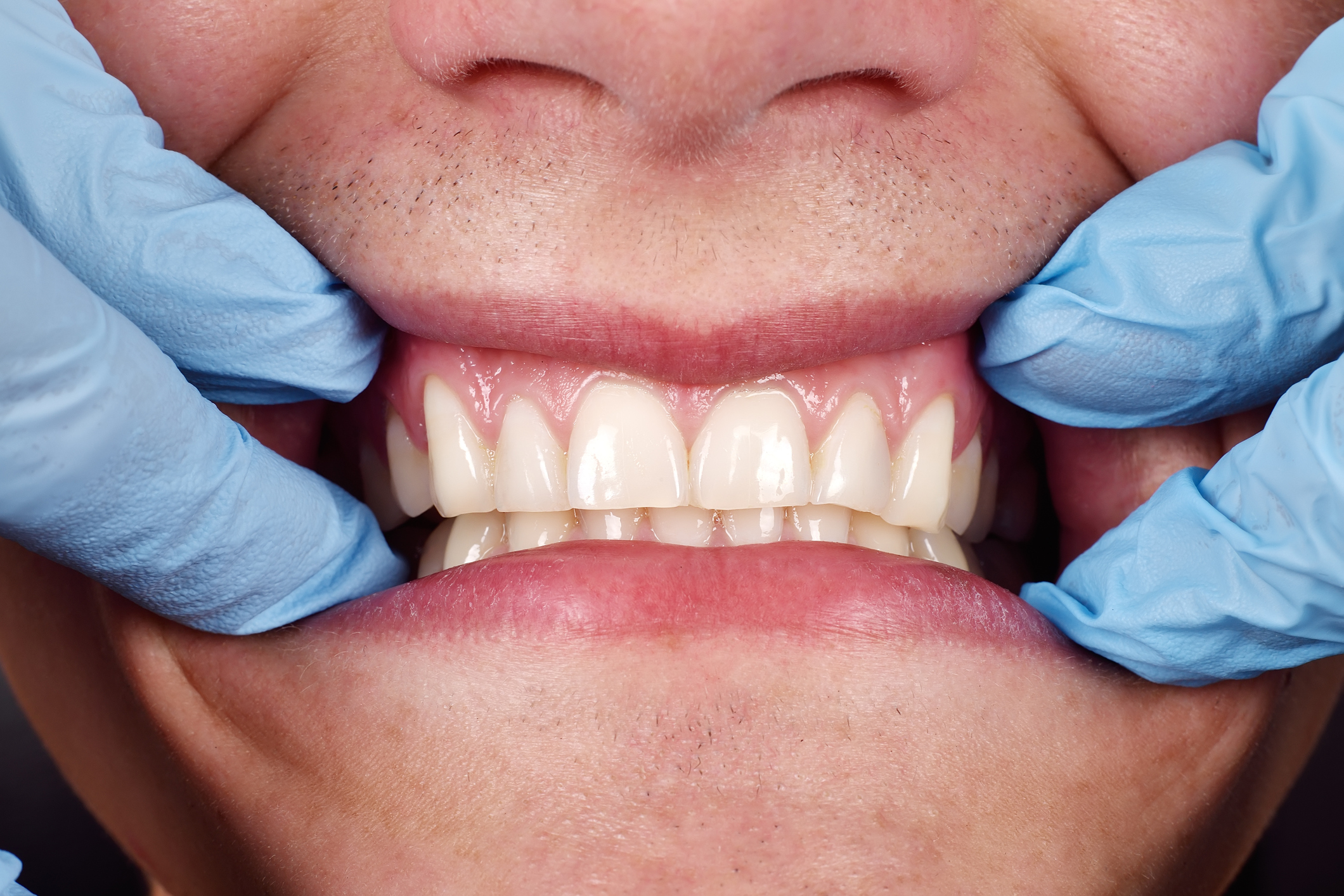Concerned about gum disease transmission? You’re not alone. Many people wonder if gum disease is contagious like a cold. This article separates fact from fiction, providing a clear understanding of gum disease transmission, risk factors, and how to protect your oral health.
Understanding Gum Disease Transmission
The simple answer is: it’s complicated. Gum disease, also known as periodontal disease, isn’t contagious in the same way a cold is. You won’t catch it from a simple handshake or by being in the same room as someone who has it. However, the bacteria that cause gum disease can be transmitted through saliva. This means activities involving saliva exchange, such as kissing, sharing utensils, or sharing drinks, can potentially spread these bacteria. Wondering if periodontal disease can be shared between people? Get the facts from licensed dental professionals today.
While gingivitis (early-stage gum disease) isn’t directly contagious, the bacteria that cause it can be transmitted through saliva, increasing the risk of developing gum disease in others. Sharing utensils, straws, and kissing can spread the bacteria responsible for gum disease, making good oral hygiene practices essential for preventing transmission.
Delving into the Details: Gingivitis vs. Periodontitis
It’s important to distinguish between gingivitis and periodontitis:
- Gingivitis: This is the early stage of gum disease, marked by gum inflammation. While not directly contagious, the associated bacteria can be transmitted. Fortunately, gingivitis is often reversible with good oral hygiene practices.
- Periodontitis: This advanced stage involves damage to the soft tissues and bone supporting the teeth. Like gingivitis, it’s not contagious in the same way as a cold, but the bacteria can be spread, increasing the risk of developing periodontitis.
Risk Factors: Beyond Bacterial Transmission
Even without contact with someone who has gum disease, several factors increase the risk of developing it:
- Poor Oral Hygiene: Infrequent brushing and flossing allow bacteria to flourish.
- Smoking or Chewing Tobacco: These habits weaken the body’s defense mechanisms.
- Hormonal Changes: Fluctuations during puberty and pregnancy can increase gum sensitivity.
- Genetics: Some individuals are genetically predisposed to gum disease.
- Certain Medical Conditions: Diabetes, for instance, can increase the risk.
- Certain Medications: Some medications can affect oral health.
Protecting Your Oral Health: Prevention and Treatment
Maintaining good oral hygiene is the cornerstone of gum disease prevention. Consider these strategies:
Brushing and Flossing
Brush your teeth for two minutes, twice a day, using fluoride toothpaste. Floss daily to remove food particles and plaque from between your teeth.
Antimicrobial Mouthwash
Rinsing with an antimicrobial mouthwash can offer an extra layer of defense against harmful bacteria.
Regular Dental Checkups
Professional cleanings remove plaque and tartar buildup, and your dentist can detect early signs of gum disease.
Lifestyle Choices
Avoid smoking and limit sugary foods and drinks to contribute to overall oral health.
Addressing the “Contagious” Myth
It’s important to debunk the myth that gum disease is highly contagious like a cold. While bacterial transmission can occur, developing gum disease depends on individual susceptibility and oral hygiene practices. Early detection and treatment are crucial for managing gum disease, as it’s not curable but can be effectively controlled with professional intervention and consistent oral hygiene.
Navigating Relationships When One Partner Has Gum Disease
Open communication is key. If your partner has gum disease, discuss your concerns and encourage them to seek treatment. Avoid sharing oral hygiene items and consider limiting prolonged or frequent kissing until their condition is managed.
Additional Tips for Couples
- Maintain good oral hygiene together.
- Visit the dentist regularly as a couple.
- Research gum disease together to understand the risks and preventative measures.
The Importance of Ongoing Research
Research on gum disease transmission is ongoing. Scientists are investigating the role of genetics in susceptibility, the impact of different bacterial strains, and the long-term effects of shared oral microbiomes. Untreated gum disease can have far-reaching consequences beyond oral health, potentially impacting overall well-being and even increasing the risk of certain systemic conditions. This is an evolving field, and our understanding will likely continue to grow.
Conclusion
While gum disease itself isn’t directly contagious, the bacteria that cause it can be transmitted through saliva. By understanding the nuances of transmission, practicing good oral hygiene, and seeking professional care, you can effectively protect your oral health and maintain a healthy, confident smile.










